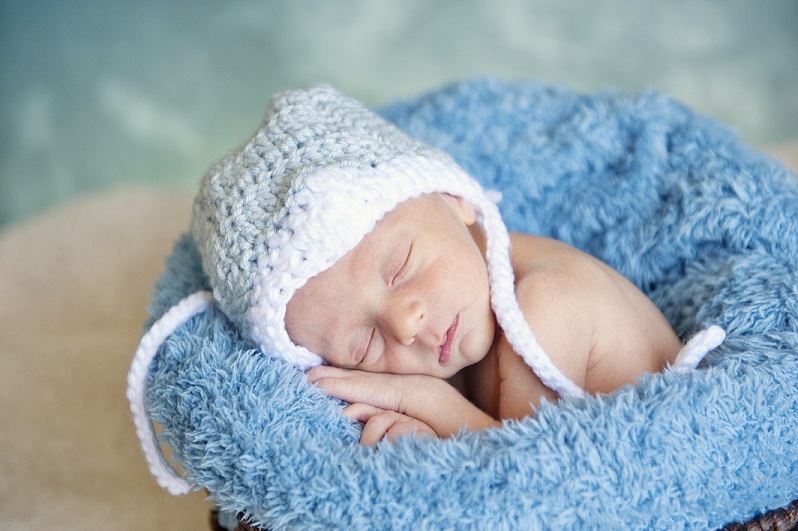 Deanna Hanson-Abromeit, assistant professor of music education and music therapy at the University of Kansas, is doing some significant work in learning how music helps premature infants not just survive, but thrive, according to this recent article from the Kansas Health Institute.
Deanna Hanson-Abromeit, assistant professor of music education and music therapy at the University of Kansas, is doing some significant work in learning how music helps premature infants not just survive, but thrive, according to this recent article from the Kansas Health Institute.
Dr. Joanne Loewy, director of the music therapy department of Mount Sinai Beth Israel Hospital in New York, highlighted some of the astounding effects that music therapy had on premature infants, including the ability to “…render other heart rates, different sleep patterns, improve caloric intake and sucking behavior, and that parent-preferred lullabies could decrease stress.”
The study, and its results, are revelatory and insightful, not just for music therapists, but also for parents. Using music in an interactive way has positive effects on brain development. However, it’s not just any kind music that makes the difference. What’s important is the kind of music and how it is used.
Here are a few tips from Hanson-Abromeit’s findings that are very helpful for parents of babies, especially the premature babies but also for full-term babies.
- Simple is best. Singing a favorite lullaby or children’s song to your little one can be the best kind of therapy you can give.
- Live music is better than recorded music. Premature babies in particular benefit the most from attentive, interactive musical experiences.
- Watch for baby’s cues, or non-verbal communication. For example, breaking eye contact, squirming or arching the back, or wrinkling the forehead are some of the signs from baby that it may be time to try something different.
- It doesn’t always have to stay the same. Changes to the music’s volume and tempo are ways of adapting and adjusting to baby’s cues.
- Musical experiences have the power to soothe. For a small baby who is often overwhelmed with external stimuli, music can help the brain organize at staying calm.
- Intentional loving experiences with music help the bonding process. There’s something very personal about a shared musical experience, especially one within the arms of loving parent-child connection.
At Kindermusik, and especially in our baby music classes, we use music with the same intentionality and purpose as suggested by the findings of Hanson-Abromeit’s study. In fact, it’s one of the things that has caused many music therapists to also become licensed Kindermusik educators. It’s a joy to celebrate that once again research confirms what we music educators and parents have known along – music is a powerful key to unlocking every part of who we are and what we have the potential to become.
Learn more about the difference Kindermusik can make in your life at www.Kindermusik.com

